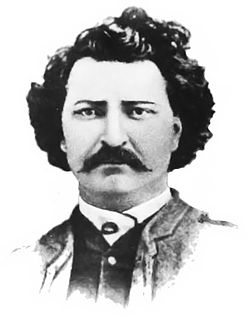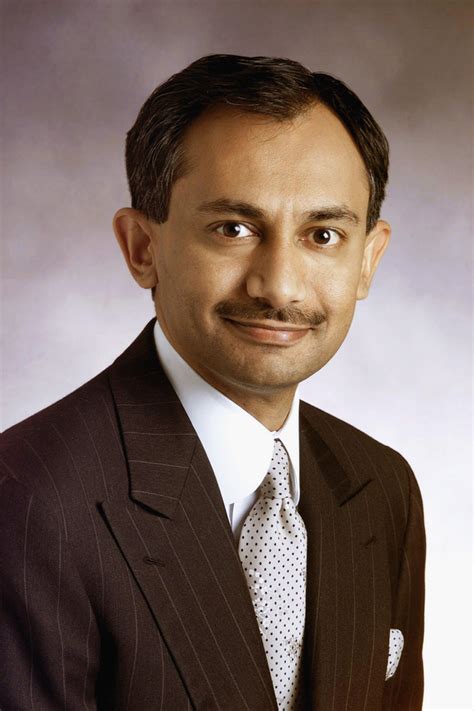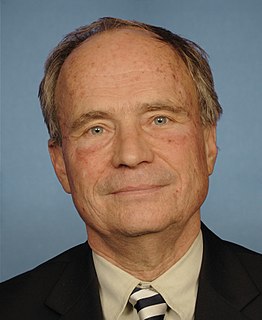A Quote by Andre Maurois
The most important quality in a leader is that of being acknowledged as such. All leaders whose fitness is questioned are clearly lacking in force.
Related Quotes
Local brands evoke national pride, are seen as less profit-oriented, and are often formed on deep local insights. But quality worries persist, innovation is questioned, the information can be woefully inadequate, they are sometimes seen to be opaque and their advertising is clearly recognised as not being of a global standard. For local brands, quality, innovation and transparency are critical hills to climb.
The unwillingness of most leaders to set standards, to administer feedback when standards are not met, to praise clearly when standards are met, stands in the way of the development of excellence. The leader who makes no demands of his disciples cannot really lead them at all. The sense of new excitement and new challenge generated by the gospel will be blunted by leaders who shield followers from the full demands of fellowship.
Level 5 leaders are differentiated from other levels of leaders in that they have a wonderful blend of personal humility combined with extraordinary professional will. Understand that they are very ambitious; but their ambition, first and foremost, is for the company's success. They realize that the most important step they must make to become a Level 5 leader is to subjugate their ego to the company's performance. When asked for interviews, these leaders will agree only if it's about the company and not about them.
Trust is perhaps the most critical single building block underlying effectiveness. Without trust leaders do not have followers. Without trust, leaders are impotent despite great rhetoric or splendid ideas. Trust rests on the belief among followers that the leader is transparent: What you see is what there is. Trust means followers believe there is no duplicity; no manipulation just to satisfy the leader's ego. Very simply: The effective leader is transparent; that's why that person is trusted.





































